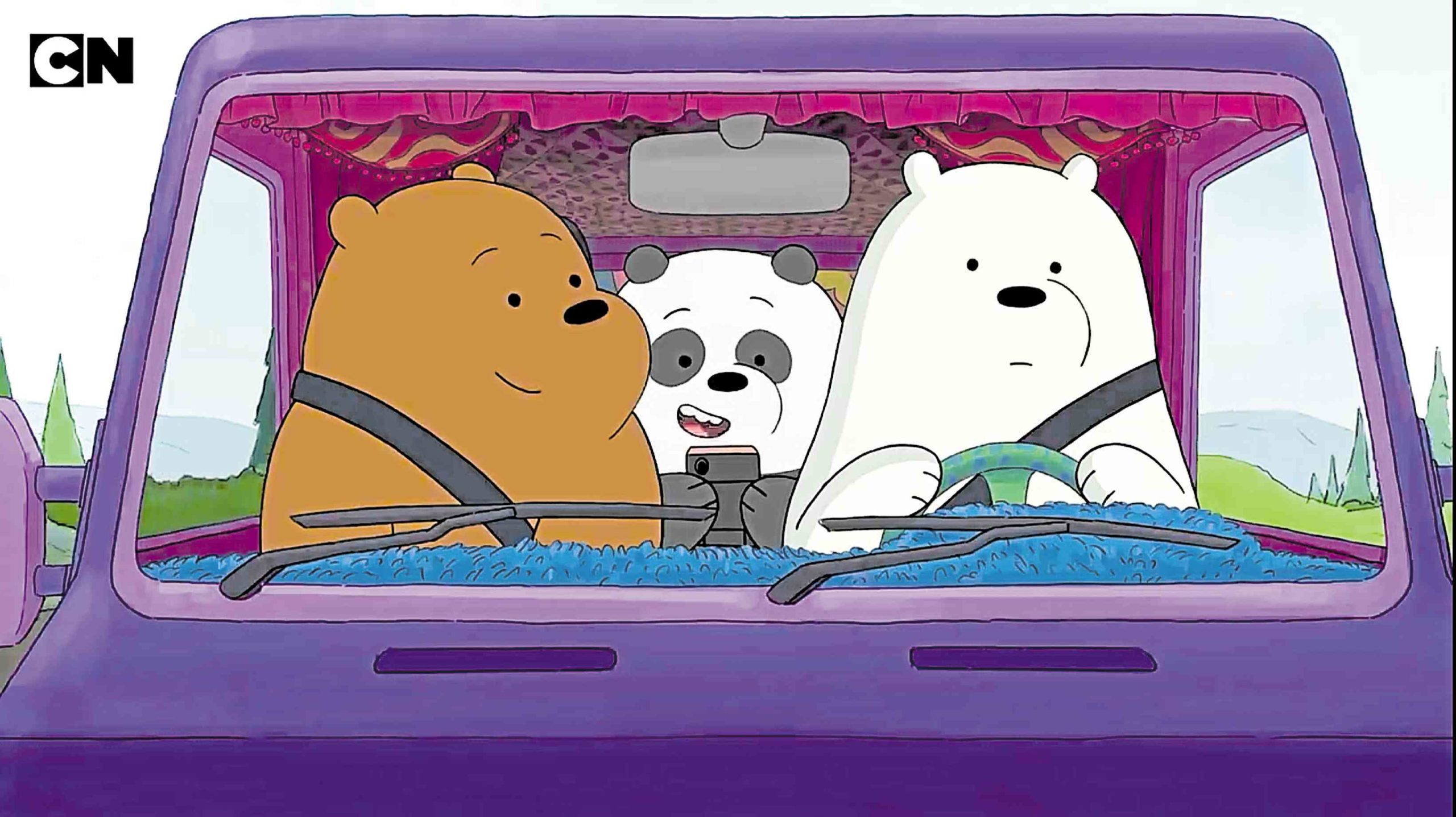If you need proof that there’s more to your favorite cartoon characters than meets the eye, here’s one: It involves “We Bare Bears” creator Daniel Chong and his animated “babies”—Grizz, Panda and Ice Bear—the series’ three portly, cuddly bears just trying to coexist with their human counterparts in California.
We spoke to Daniel weeks before “We Bare Bears: The Movie,” the final installment of the popular four-season series, bade its avid followers goodbye on Sept. 12.
However, we had to be careful not to spill spoilers in the accompanying article and promised not to write about it until after the movie’s splashy, multiplatform release on Cartoon Network and other WarnerMedia outlets last month.
So, here we are, more than a month after that memorable video chat. Back then, we asked Daniel to elaborate about what he meant when he referred to the film’s finale as “radical”—a word you don’t often associate with the characters of an animated TV series for young kids.
As it turned out, the show was really Daniel’s allegorical take on racism and growing up a minority in the United States—a contentious issue that has been igniting intense discussions and even riots in the past year or so, especially following Donald Trump’s ascent to the US presidency in 2016.
“To give you some background: To me, the show has always been about being a minority in America—the feeling of what it was like trying to fit in and finding my place in the world.
The Bears wanted the same.
“The movie is about what happens when somebody tells you, ‘You don’t belong here’ or ‘You need to leave.’ It’s also about how it feels to be an outsider. Grizz, Panda and Ice Bear get chased out [of where they live], and there’s just a level of intolerance that comes with that.”
As you may have seen in the movie, the three bears are seen going on the run as they try to find a another place and rush to safety. “But they are ultimately caught and locked up,” Daniel said. “It’s a very current theme in America, and something that was happening around the time that we were writing the script.
“At the time, very similar things were happening to the Hispanic community. It was a very unfortunate thing, and it’s something that we had to address. More than ever, inequality and intolerance are present right now, not just in our country, but all over the world. They’re still issues that just won’t go away!
“For us, the movie was really about finding a utopia … It shows what the Bears had to do to battle this level of intolerance and how they made the world right—by rescuing their own kind and integrating them into a place where those abuses don’t exist.
“In that place, it’s basically humans and bears living together [in harmony]—and that is what our ending is. That’s what I meant by ‘radical changes’ in their world. After they try to fit in for so long, [we find them] in a fully integrated place. So, that’s what the movie stands for.”
Here’s some bit of good news for fans of the show: We may no longer see the grownup iterations of Grizz, Panpan and Ice in the series, but work on Cartoon Network’s “We Bare Bears” spinoff “We Baby Bears” is now under way.
Produced by Daniel and director Manny Hernandez, the new program is an original comedy scheduled for the second half of 2021 that follows the three baby bears on a mission to explore new worlds through their magical box.


